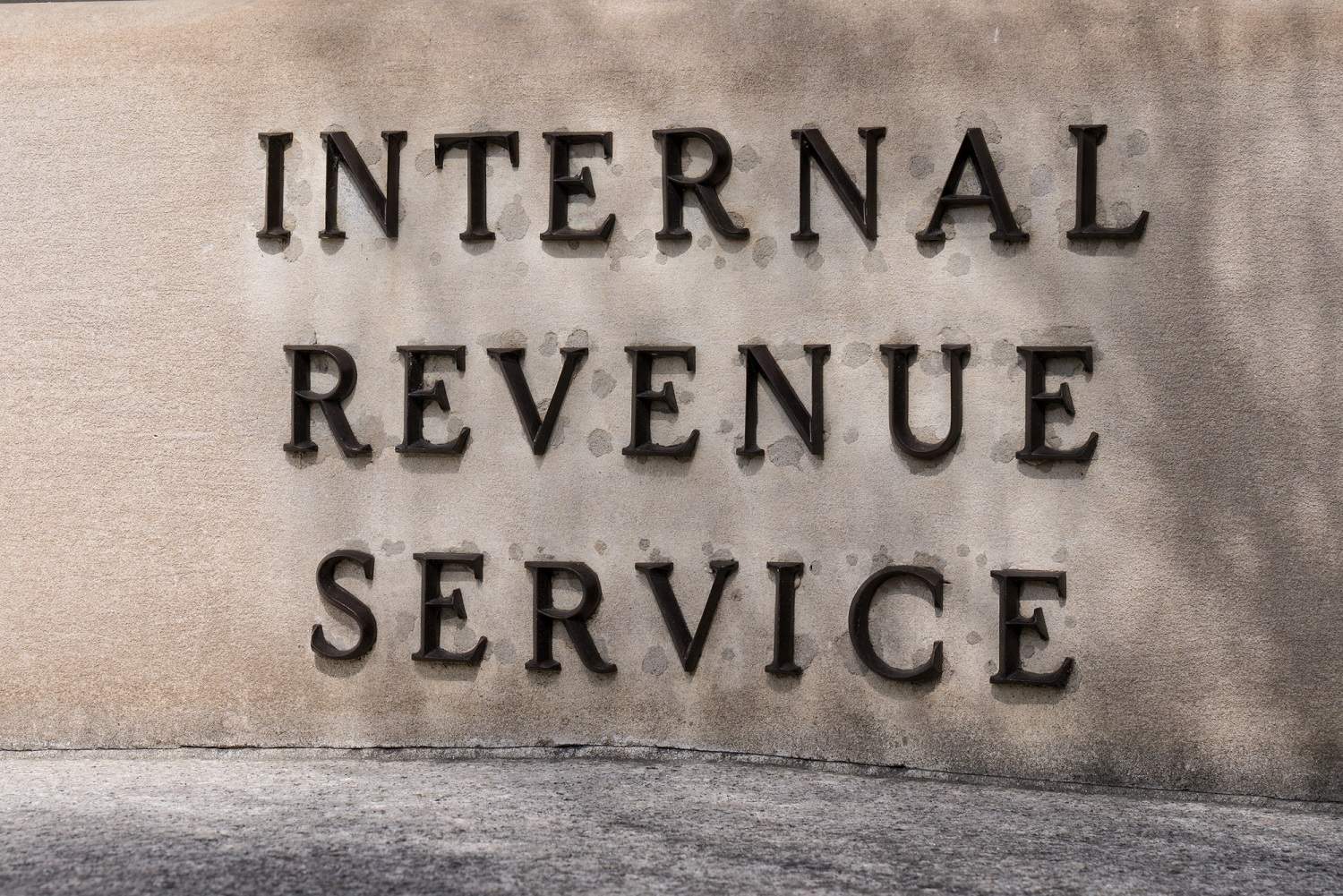IRS Independent Office of Appeals forms Alternative Dispute Resolution Program Management Office
WASHINGTON —The Internal Revenue Service Independent Office of Appeals today announced the formation of a new Alternative Dispute Resolution Program Management Office. This office will collaborate with the IRS Business Operating Divisions to help taxpayers resolve tax disputes earlier and more efficiently.
“This new office will revitalize existing programs and pilot new initiatives as part of IRS transformation efforts in alignment with the IRS Strategic Operating Plan,” said IRS Commissioner Daniel Werfel. “We’re committed to providing taxpayers who wish to resolve their issues without litigation a choice of early resolution options, and the Alternative Dispute Resolution Program Management Office will ensure taxpayers are aware of those options.”
For years, the IRS has offered ADR at various stages of the tax administrative process. While ADR can be a quicker, more collaborative and cost-effective approach to case resolution, use of the programs has declined in recent years.
By increasing awareness, changing and revitalizing existing programs and piloting new approaches, the IRS hopes to make its ADR programs, such as Fast Track Settlement, Fast Track Mediation, Rapid Appeals Process and Post-Appeals Mediation more attractive and accessible for all eligible parties.
“We’re excited to give our programs the focus they merit,” said Acting Chief of Appeals, Elizabeth Askey. “Michael Baillif, who recently joined Appeals as a senior advisor, will serve as the director of the new office; he has extensive dispute resolution experience in both the private sector and the IRS, and I know he’ll be excellent in this role.”
Among other things, the ADR PMO will pilot changes to Fast Track Settlement—a program that allows Appeals to mediate disputes between a taxpayer and the IRS while the case is still in Exam’s jurisdiction.
More specifically, the new office will also remove barriers to participating in Post-Appeals Mediation—a program that introduces a new mediator if the parties are unable to reach agreement during traditional Appeals settlement negotiations. More specifically, the ADR PMO plans to:
- Test ADR programs that allow Appeals to help resolve or mediate disputes earlier in the examination process;
- Streamline and clarify existing guidance; and
- Remove barriers to enable easier use of and access to ADR.
The ADR PMO, in collaboration with the IRS Business Operating Divisions, will also perform outreach and education, coordinate the training and support of mediators, collect data and monitor the effectiveness of ADR offerings.
The traditional appeal process will remain available for taxpayers who choose it.
These proposed ADR enhancements reflect input from both internal and external stakeholders who submitted comments in response to the IRS’s July 27, 2023 request, and recent reports from the Government Accountability Office and the Taxpayer Advocate Service. The office is still developing the proposed pilots and changes to existing programs and will communicate changes as they become available.


Facebook Comments